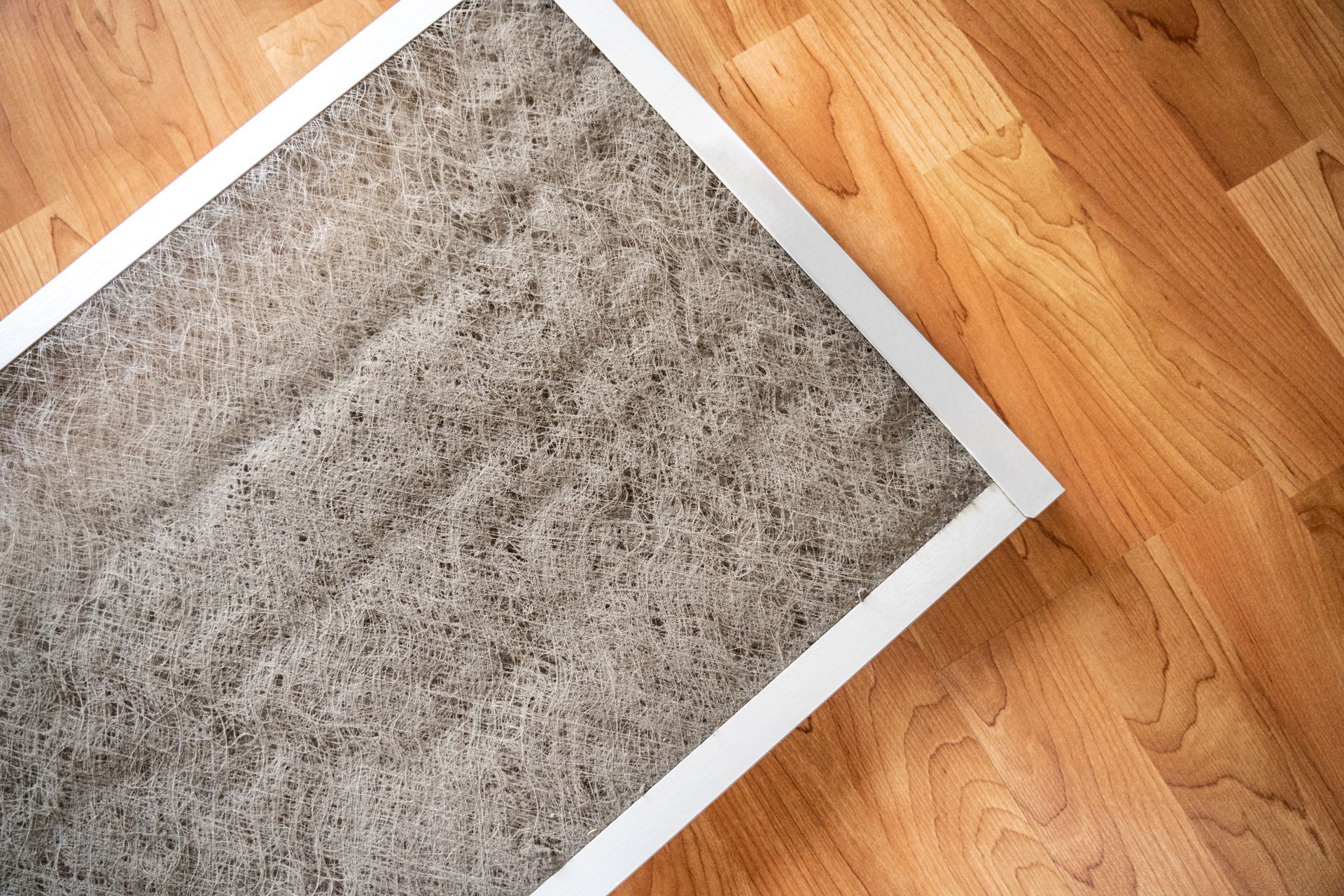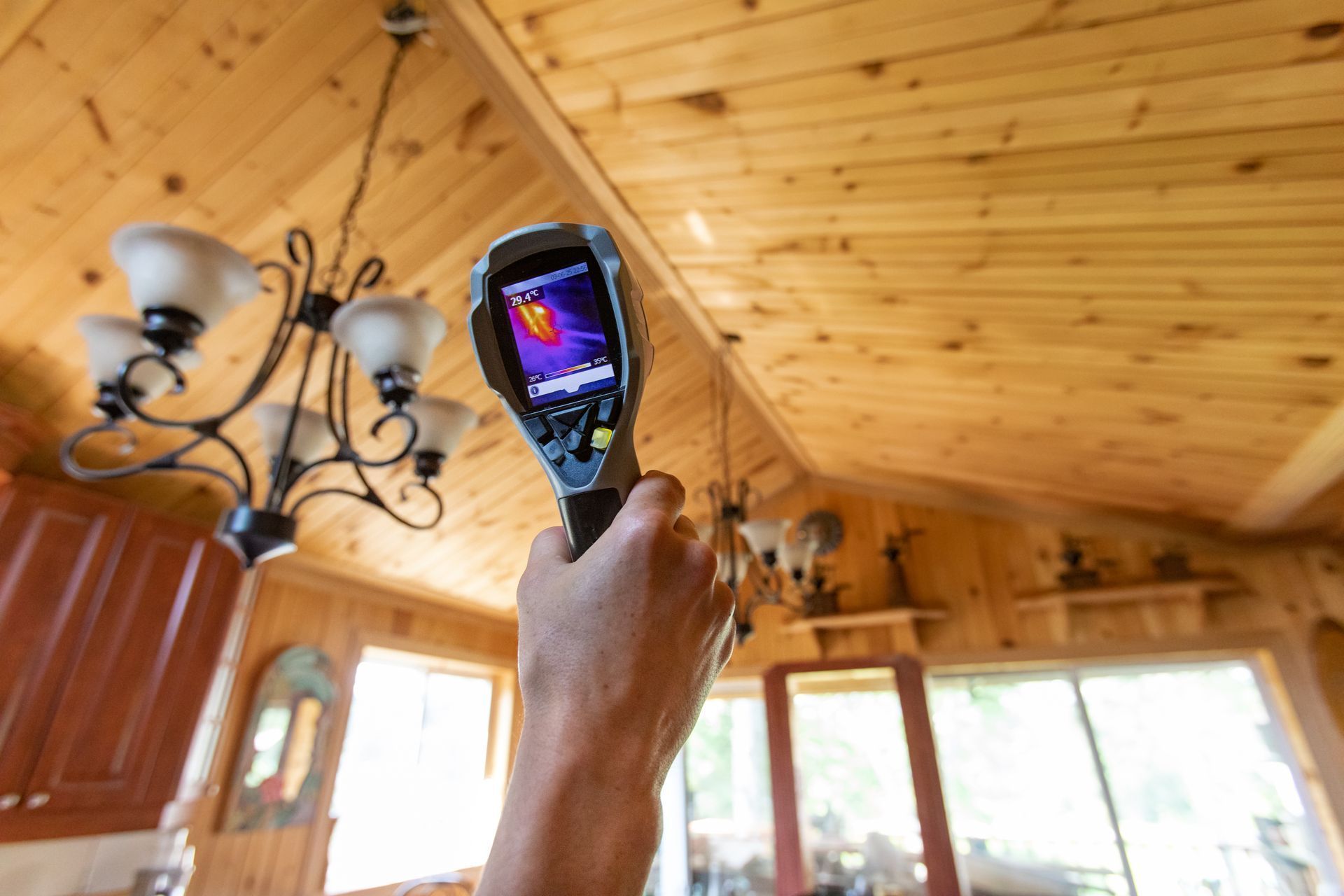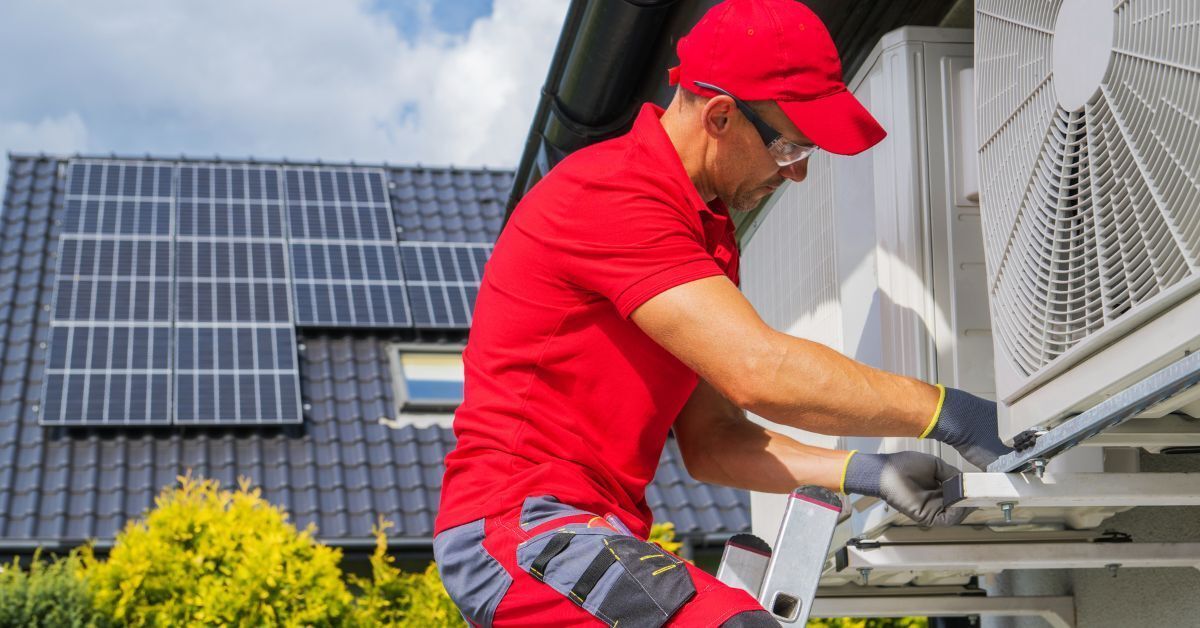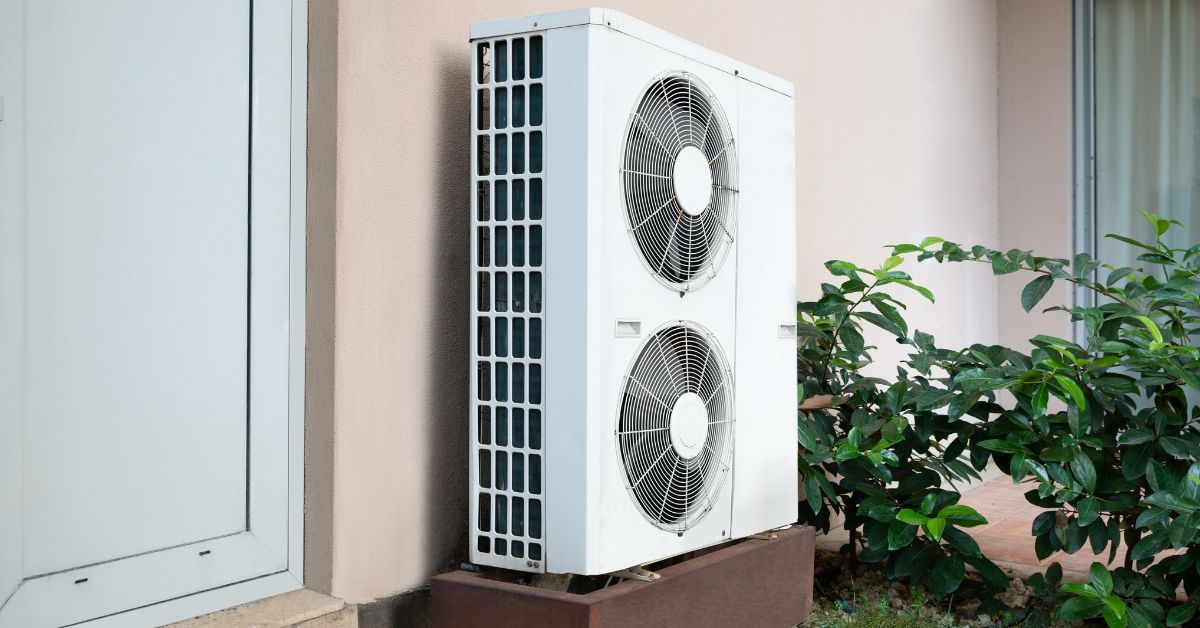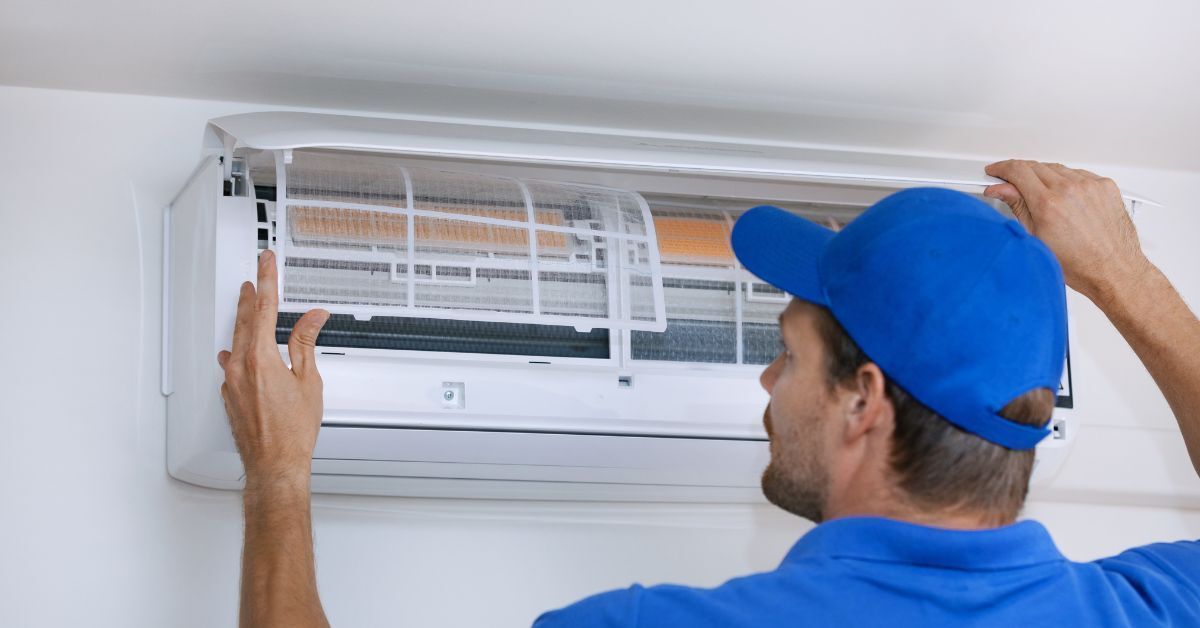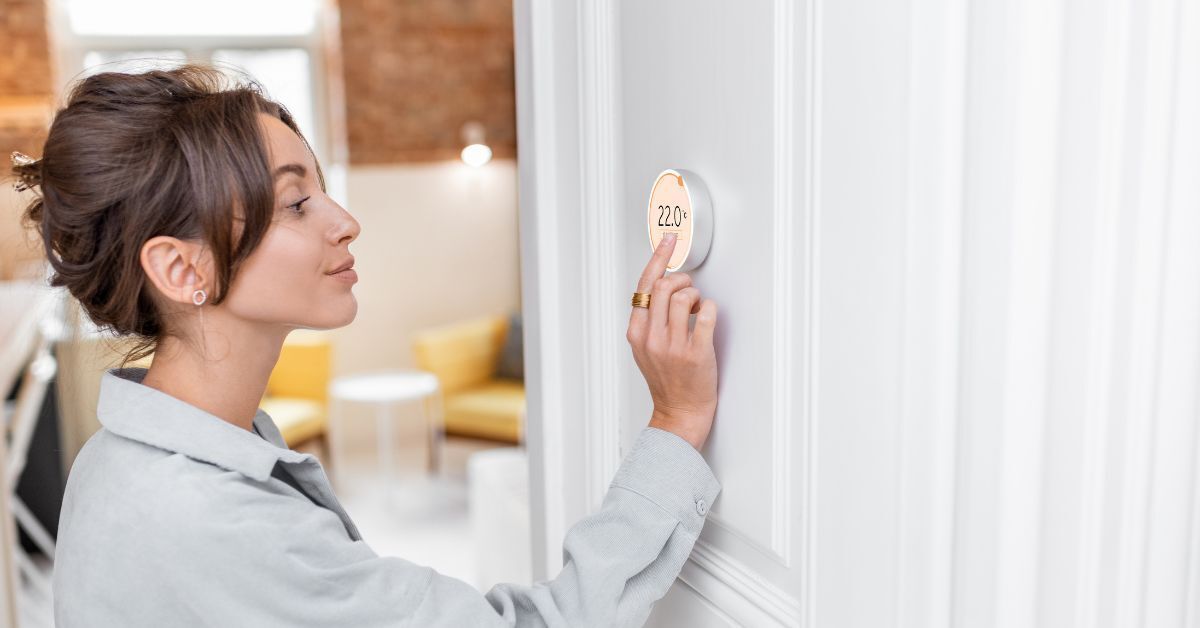Myths About Air Conditioners You Should Definitely Stop Believing
Summer is already approaching for many of us, which means rising temperatures are coming and interior comfort will soon come into play. The quality of our sleep is eventually impacted by the warmer evenings that arrive with higher temperatures and are better suited for lounging on a patio. As the temperature goes up, we try to find ways to make the nighttime more pleasant. To create the ideal sleeping environment, AC is the ultimate pick.
Despite the fact that air conditioning technology has been around for a while, many people still have difficulties telling reality from fantasy. We're here to correct the record since some of these falsehoods have become general knowledge through time. Here are some of the most popular air conditioning misconceptions debunked.
- You get a cold from the air conditioning - Possibly one of the most popular myths about air conditioning. The quality of the air within a building may really be improved by air conditioning, which also lowers the risk of being sick. Filters that are installed in air conditioners catch dust particles and pet hair, reducing the source of allergies. Additionally, they can be equipped with specialist technology solutions and filters that further minimize air pollution and eliminate dangerous germs, which combined with viruses are the main causes of respiratory diseases.
- You should lower your thermostat for faster cooling
- Although it cools the area fairly fast, this is not the best method. Not only will it strain your unit to achieve the desired temperature quickly, especially on extremely hot days, but you won't be able to chill the space to a level that is reasonably comfortable. The system will try to maintain the temperature if the temperature is inappropriately low for an extended length of time, which means the compressor will be running continually, wasting energy and raising costs. Therefore, even if a sudden blast of chilly air could be alluring, it is preferable to lower the thermostat gradually to obtain the ideal comfortable temperature.
- Fins and coils don't need to be cleaned - Just as condenser coils absorb the heat from within the home, air conditioning evaporator coils and fins enable heat to move from the refrigerant in the unit into the air. Several layers of dirt and filth might obstruct this crucial process of heat transfer. Your coils are losing efficiency and costing you money if you rarely check on them. To ensure your coils and fins stay clear, clean your air conditioner at the start of the warmer months and periodically after storms or strong winds.
- It doesn't matter where the indoor unit is located - Your comfort might suffer from this belief, which could even lead to higher energy usage. Despite claims to the contrary, the indoor unit's placement matters. Avoid mounting the appliance where it will be under direct sunlight, at an incorrect wall height, or where the airflow may be possibly impeded or restricted. Your unit will have to work harder as a result, squandering energy and raising your household expenses. The thermostat should not be placed in direct sunlight either since it will miscalculate the temperature and force your air conditioner to run longer than necessary.
- If you want it to run better, go for the bigger size - The measure of the area that an AC unit needs to cool is carefully considered during sizing. That is especially crucial if you're remodeling your home or buying a new air conditioner. It will have to work harder to chill the air, wear down more rapidly, and struggle to satisfy the thermostat's requirements if an AC unit is specified for a smaller room than the one you have. On the other hand, the AC unit will continually switch on and off if it is suited for a bigger space than the one you have, eventually wearing down and becoming unreliable. Consider capacity while choosing a unit, keeping in mind the available space.
- Energy savings can be achieved by turning off the air conditioning when you are not home - This really only works when obligations force you to spend most of the day away from home or during extended weekends away. At this point, maintaining the system operating just a few degrees above or below the optimal comfortable temperature is really more effective. By doing so, you may save energy and prevent your unit from having to work harder when you get home. Additionally, having the air conditioner running prevents mold growth and even pest infestations in your house since it promotes maintaining a healthy humidity level.
- Vents in spaces you don't use should be closed - Even while it may seem like you're doing your part by avoiding squandering cold air in unoccupied spaces, vents should always be left open, regardless of whether a room is occupied. In fact, blocking vents disturbs your home's sensitive air distribution balance. All you're doing when vents are closed is cooling the interior of your air vents. The air handler moves a specific quantity of air regardless of whether vents are opened or closed because of the way a domestic heating and conditioning system is built. The blower's efficiency may be decreased by closing vents since less air will be transported overall.
- It's unhealthy to sleep with the air conditioning on - This is somewhat true if you set the thermostat too low, but if you use your air conditioner properly, you may make a nocturnal atmosphere that is both cozy and healthful. It is a great practice to boost the temperature of your unit by one or two degrees over the setting you use during the day to ensure interior comfort because at night our body temperatures decrease. Check to see whether your device has a sleep function to improve its performance at night. This will make it easier to create the perfect sleeping temperature.
By bearing these myths in mind, you are ready to experience greater air conditioning performance in terms of cooling and heating, as well as running it properly to save money on future bills. We hope to have dispelled some persistent air conditioning misconceptions for you, but if you have any other HVAC queries or issues, reach out to us. We at American Heating & Air are the local Lake Sinclair area's HVAC professionals. Contact us at
(478) 452-5990
if you require expert HVAC services!
